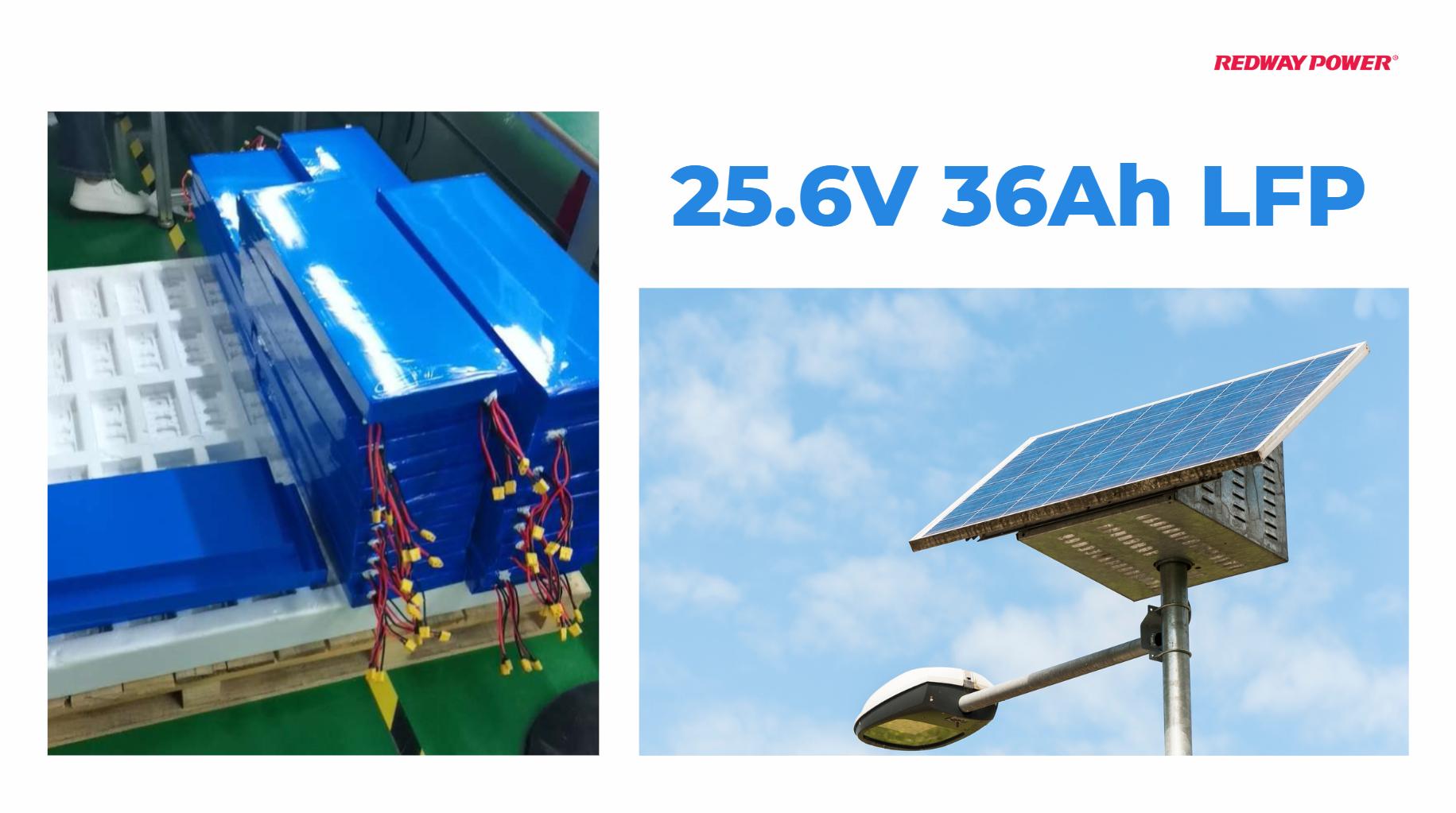
Can Any Rechargeable Battery Work in Solar Lights?
Can any rechargeable battery work in solar lights? Not all rechargeable batteries are suitable for use in solar lights. The most compatible types include Nickel-Metal Hydride (NiMH) and Lithium-ion batteries, which provide reliable performance and efficiency. Using the correct type of battery is essential to ensure optimal operation and longevity of solar lighting systems.
What types of batteries are compatible with solar lights?
Solar lights typically work best with specific types of rechargeable batteries:
- Nickel-Metal Hydride (NiMH): Commonly used due to their high capacity and lower self-discharge rates, making them ideal for solar applications.
- Nickel-Cadmium (NiCd): Older technology that is still effective but has environmental concerns due to cadmium toxicity.
- Lithium-ion: Known for their high energy density and longer lifespan, these batteries are increasingly used in modern solar lights.
Chart: Compatibility of Battery Types with Solar Lights
| Battery Type | Voltage (V) | Common Uses | Compatibility |
|---|---|---|---|
| NiMH | 1.2 | Garden/Pathway Solar Lights | Yes |
| NiCd | 1.2 | Older Solar Lights | Yes |
| Lithium-ion | Varies | Modern Solar Applications | Yes |
| Alkaline | 1.5 | General Use | No |
How do rechargeable batteries benefit solar lights?
Using rechargeable batteries in solar lights offers several advantages:
- Cost Efficiency: Rechargeable batteries can be reused multiple times, reducing the need for frequent replacements compared to disposable batteries.
- Environmental Impact: They produce less waste, making them a more eco-friendly choice.
- Performance: Rechargeables typically have higher capacities than standard alkaline batteries, providing longer-lasting illumination.
Chart: Benefits of Using Rechargeable Batteries
| Benefit | Description |
|---|---|
| Cost Efficiency | Reduces long-term expenses |
| Environmental Impact | Fewer disposable batteries contribute to less waste |
| Performance | Longer-lasting power for consistent lighting |
Why should regular batteries not be used in solar lights?
Regular batteries, such as alkaline batteries, should not be used in solar lights due to several reasons:
- Non-Rechargeable: Regular alkaline batteries are designed for single-use and cannot be recharged, which can damage the solar light’s charging mechanism.
- Inconsistent Performance: They may not provide the required voltage or capacity needed for optimal operation of solar lights.
- Potential Damage: Using non-compatible batteries can lead to leakage or corrosion, damaging the internal components of the solar light.
Chart: Issues with Using Regular Batteries
| Issue | Description |
|---|---|
| Non-Rechargeable | Cannot be recharged, leading to waste |
| Inconsistent Performance | May not meet voltage or capacity requirements |
| Potential Damage | Risk of leakage or corrosion |
What are the recommended rechargeable battery types for solar lights?
The recommended rechargeable battery types for solar lights include:
- NiMH Batteries: These are ideal for most solar applications due to their ability to hold a charge longer and perform better in varying temperatures.
- Lithium-ion Batteries: Increasingly popular due to their high energy density and longevity, making them suitable for modern solar lighting systems.
Chart: Recommended Battery Types
| Battery Type | Voltage (V) | Capacity (mAh) | Common Uses |
|---|---|---|---|
| NiMH | 1.2 | 600 – 1200 | Garden/Pathway Solar Lights |
| Lithium-ion | Varies | Varies | Modern Solar Applications |
How do solar lights operate with rechargeable batteries?
Solar lights operate by converting sunlight into electrical energy through photovoltaic cells during the day. This energy is stored in rechargeable batteries, which power the LED light source at night. When using rechargeable batteries, it’s essential to ensure they are adequately charged by sufficient sunlight exposure.Chart: Operation Process of Solar Lights
| Step | Description |
|---|---|
| Sunlight Capture | Solar panel converts sunlight to electricity |
| Energy Storage | Energy is stored in rechargeable batteries |
| Nighttime Illumination | Batteries power LED lights after sunset |
Expert Views
“Using the right type of rechargeable battery is crucial for maximizing the performance and lifespan of your solar lights. NiMH and lithium-ion options offer significant advantages over regular alkaline batteries,” advises an industry expert.
Industrial News
Recent advancements in battery technology have focused on improving the efficiency and sustainability of rechargeable options for solar applications. Manufacturers are exploring new materials and designs that enhance energy density while reducing environmental impacts. Additionally, there is a growing trend toward integrating smart technology into solar lighting systems, allowing for better monitoring and management of battery performance.
Frequently Asked Questions
- Can I use regular alkaline batteries in my solar lights?
No, regular alkaline batteries cannot be recharged and may damage the charging mechanism. - How long do rechargeable batteries last in solar lights?
Rechargeable batteries can last several years with proper care and maintenance. - What should I do if my solar light isn’t working?
Check the battery charge level, clean the contacts, and ensure the solar panel is receiving adequate sunlight.
